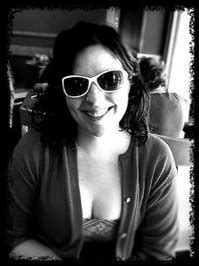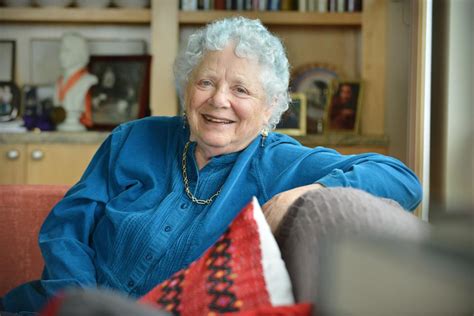A Quote by Dani Shapiro
Maggie Shipstead takes hold of the reader and doesn't let go. Astonish Me is a haunting, powerful novel.
Related Quotes
Flawless . . . Tightly choreographed . . . Shipstead gains entry into exclusive worlds and trains her opera glasses on private social rituals, as well as behind-the-scenes hanky panky . . . Similar to classic ballet, the power of Astonish Me arises out of the pairing of a melodramatic storyline with scrupulously executed range of movement . . . Shipstead sweeps you into this insider world of sweat, narcissism, and short-lived magic . . . Transcendent.
I absolutely fell in love with David Cristofanos writing. THE GIRL SHE USED TO BE is that rare novel--its the one youve been looking for when you wander the bookstore aisles, hoping to find something that will grab hold of you and not let go. Eloquent, haunting, and totally enthralling, I was swept in from page one.
Nice writing isn't enough. It isn't enough to have smooth and pretty language. You have to surprise the reader frequently, you can't just be nice all the time. Provoke the reader. Astonish the reader. Writing that has no surprises is as bland as oatmeal. Surprise the reader with the unexpected verb or adjective. Use one startling adjective per page.
We [me,Maggie Smith and Natasha Richardson ] rehearsed [Suddenly, Last Summer] like a play for a month, and then we shot it over the course of... I believe it was 10 days. All live, basically. Long, uninterrupted takes. And for me, a lot of it is me going head to head with Maggie Smith. And anybody who's ever had that opportunity never forgets it! It's a real career highlight, and it was everything I ever thought it would be, and more.
"Unputdownable" is, I suppose, something we all dream of, maybe without knowing it. I realized, some time ago, that a novel can hold a lot, and it made sense that this one was not of the sleek and economical variety, but instead the "full" type. Novel as piñata. And the reader does the whacking. I had a central idea, which is to look at what happens to talent over time.
Something happens between a novel and its reader which is similar to the process of developing photographs, the way they did it before the digital age. The photograph, as it was printed in the darkroom, became visible bit by bit. As you read your way through a novel, the same chemical process takes place.


































